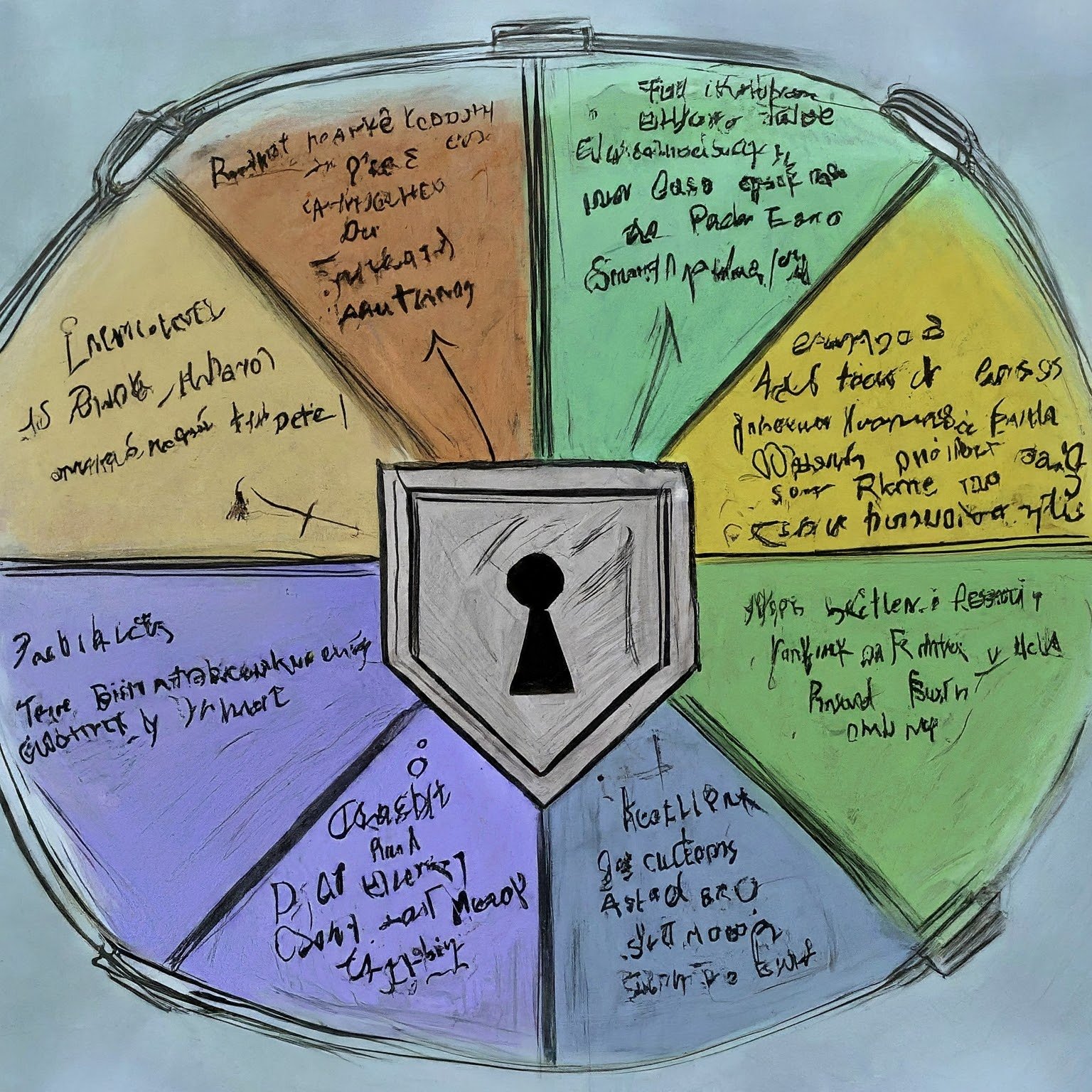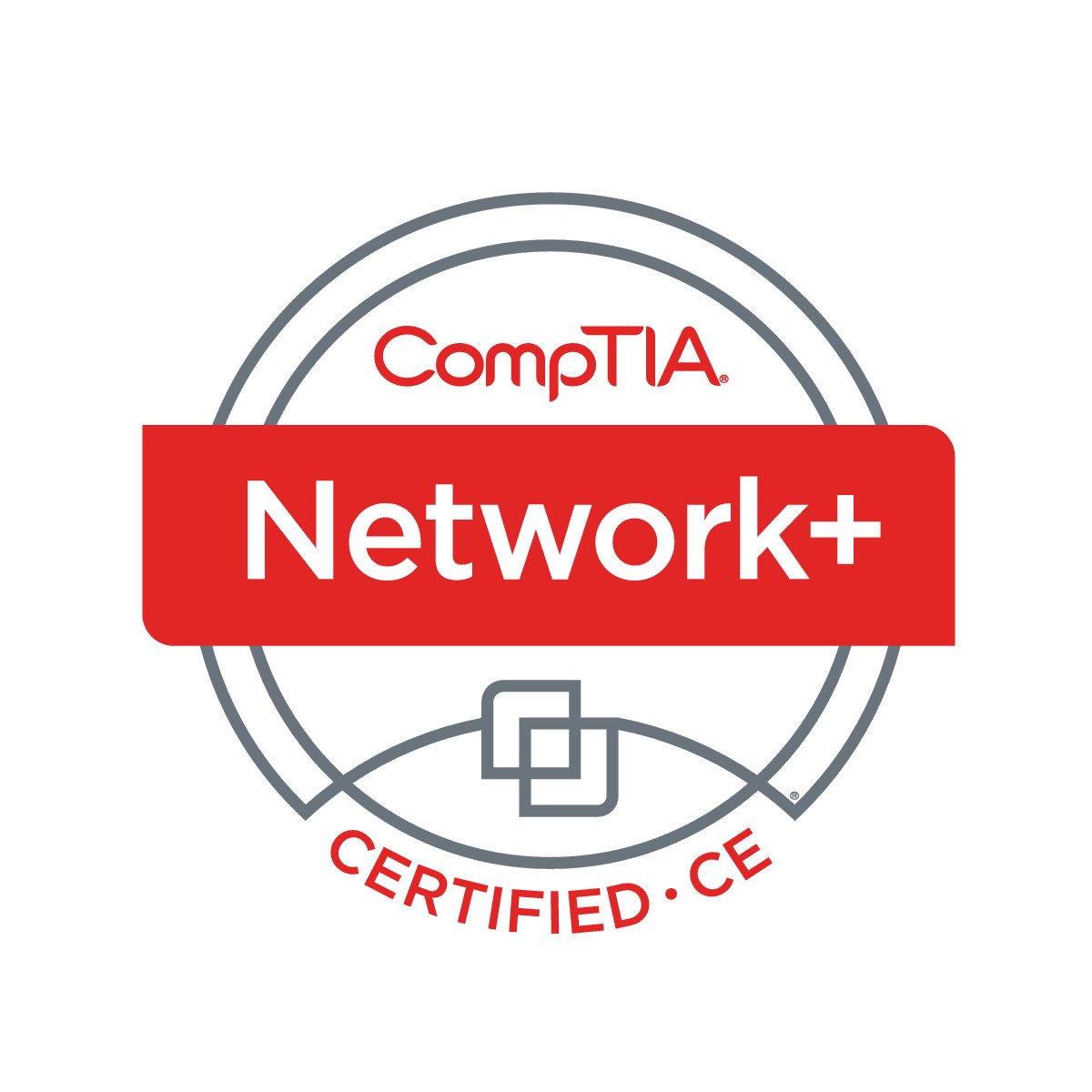 Photo by Ennio Dybeli on Unsplash
Photo by Ennio Dybeli on Unsplash Introduction
Welcome to my first blog post on security knowledge sharing! In this article, we will explore the importance of sharing security knowledge, the benefits it brings, and some practical tips to get started. Whether you are a security professional or someone interested in learning more about security, this guide will provide valuable insights.
The Importance of Security Knowledge Sharing
Security threats are constantly evolving, and it is crucial for individuals and organizations to stay updated with the latest trends and best practices. By sharing security knowledge, we can collectively enhance our understanding and ability to combat these threats.
Sharing knowledge allows us to learn from each other’s experiences, mistakes, and successes. It promotes collaboration and fosters a sense of community among security professionals. Additionally, it empowers individuals to take proactive measures to protect themselves and their organizations.
Benefits of Security Knowledge Sharing
1. Improved Security Posture: By sharing knowledge, we can collectively raise the security posture of the entire community. When individuals and organizations are equipped with up-to-date information and insights, they are better prepared to mitigate risks and respond to security incidents.
2. Enhanced Problem-Solving: Knowledge sharing encourages creative problem-solving. By exposing ourselves to different perspectives and approaches, we can discover innovative solutions to complex security challenges.
3. Professional Growth: Engaging in knowledge sharing activities, such as attending conferences, participating in webinars, or joining security communities, can significantly contribute to professional growth. It allows individuals to expand their network, learn from industry experts, and stay abreast of emerging trends.
Tips for Getting Started
1. Join Security Communities: Participate in online forums, social media groups, and professional networks dedicated to security. Engage in discussions, ask questions, and share your own insights to contribute to the community.
2. Attend Security Conferences and Webinars: Attend industry conferences and webinars to learn from experts and gain exposure to the latest security trends. Take advantage of networking opportunities to connect with like-minded professionals.
3. Contribute to Open Source Projects: If you have programming skills, consider contributing to open source security projects. Collaborating with others on these projects not only improves your technical expertise but also allows you to give back to the community.
4. Write a Security Blog: Start your own security blog to share your knowledge and experiences. This not only helps others but also enhances your own understanding of security topics as you research and write about them.
5. Mentor Others: If you have extensive security knowledge, consider mentoring aspiring professionals or colleagues. Sharing your expertise and guiding others not only benefits them but also deepens your own understanding of the subject matter.
Conclusion
Security knowledge sharing is a powerful tool for improving our collective security posture and fostering professional growth. By actively participating in knowledge sharing activities, we can contribute to the security community and stay ahead of evolving threats. Remember, security is a shared responsibility, and together, we can create a safer digital environment.
RELATED POSTS
View all


